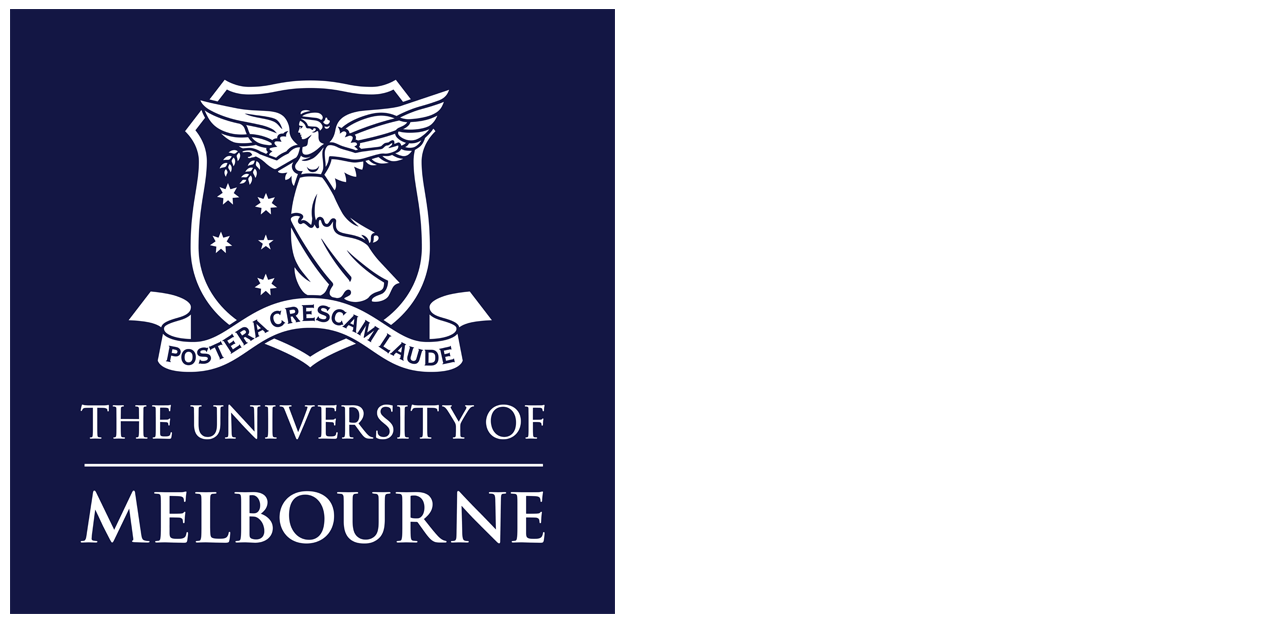

International Women’s Day at Melbourne Connect holds significant importance, giving us the opportunity to highlight the achievements of women in science, technology, engineering, and mathematics while advocating for gender equality.
As a hub of innovation and research, Melbourne Connect fosters discussions on inclusivity, mentorship, and breaking barriers for women in STEM, while our events empower female leaders, and emerging female talent to drive industry-wide change. Here at Melbourne Connect, we work every day to ensure that women’s contributions are recognised and their voices amplified in shaping the future of technology and scientific research.
For International Women's Day 2025, we are highlighting just some of the amazingly talented women that make up a huge part of the Melbourne Connect community.
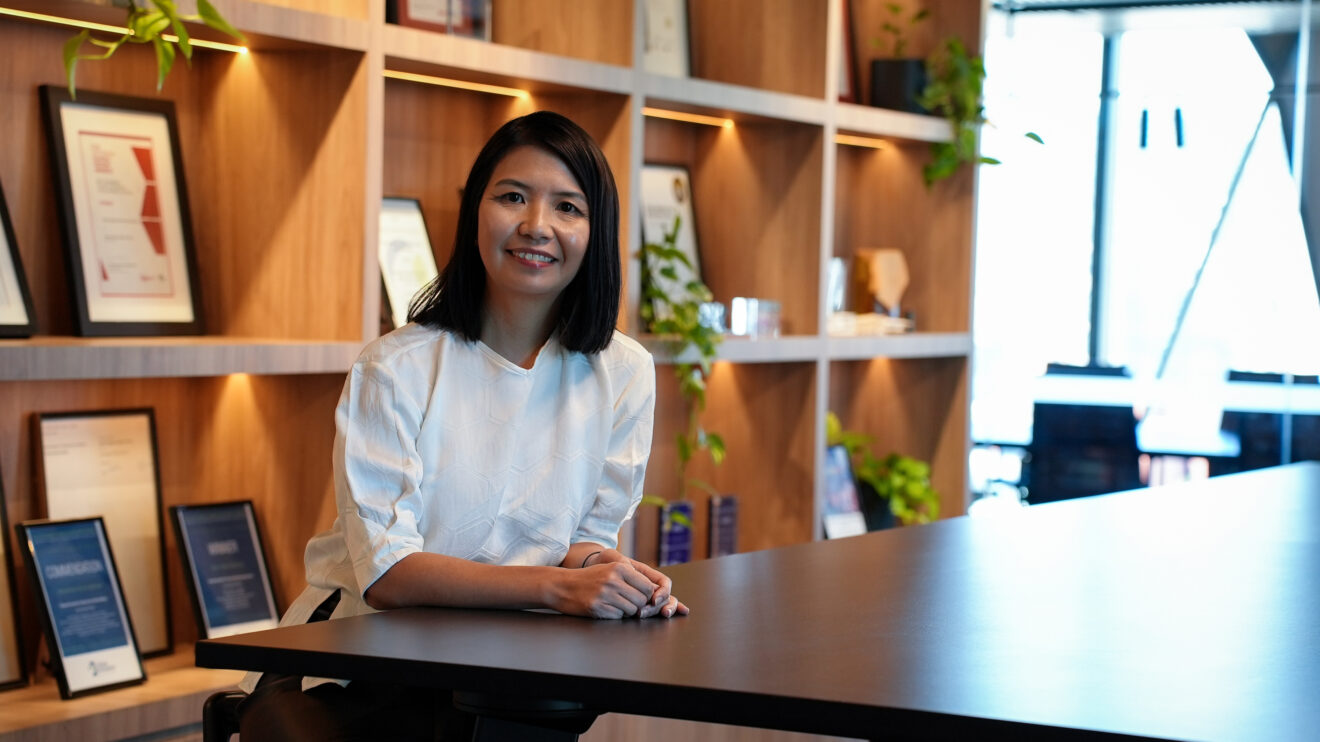
Stephanie Wan — Partner, ClarkeHopkinsClarke Architects
Stephanie Wan is a Partner at ClarkeHopkinsClarke Architects and is passionate about designing the kind of inclusive learning environments that make learners feel welcome, understood and nurtured. She’s excited to be part of Melbourne University’s Designing Learning Spaces for Diversity, Inclusion and Participation pilot project, and to advance her research-driven design expertise for the benefit of school communities. Steph’s empathy, strategic approach and advocacy make her highly regarded in the industry. She’s also a committed mentor to the next generation of leaders in this space.
Dr Sat Dushyanthen — Digital Health Workforce Development Specialist at the Centre for Digital Transformation of Health, The University of Melbourne
Dr Sat Dushyanthen is a Medical Educator, Lecturer and Researcher with specialisation in Cancer Sciences. She currently works as the Education Lead at the Centre for Digital Transformation of Health.
She completed her PhD at the Peter MacCallum Cancer Centre in the Translational Breast Cancer Therapeutics and Genomics Lab. The focus of the project was to understand the mechanisms of action of various therapeutic combinations on the immune systems response to cancer. Now she is focused on teaching and education research. Her work strives to use innovative educational principles, tools and teaching methods to develop engaging and contemporary curriculum. She is now the Digital Health Workforce Development Specialist at the Centre for Digital Health Transformation and works on a variety of educational programming while leading the Academic Coordination for the Applied Learning Health Systems course. Her current research interests include evaluation of educational program outcomes and learning science. She is an avid Science Communicator, participating in several public forums and has a YouTube channel ‘Science in Motion’, to engage in public science education. Sathana is in the prestigious Science and Technology Australia's Superstars of STEM program.
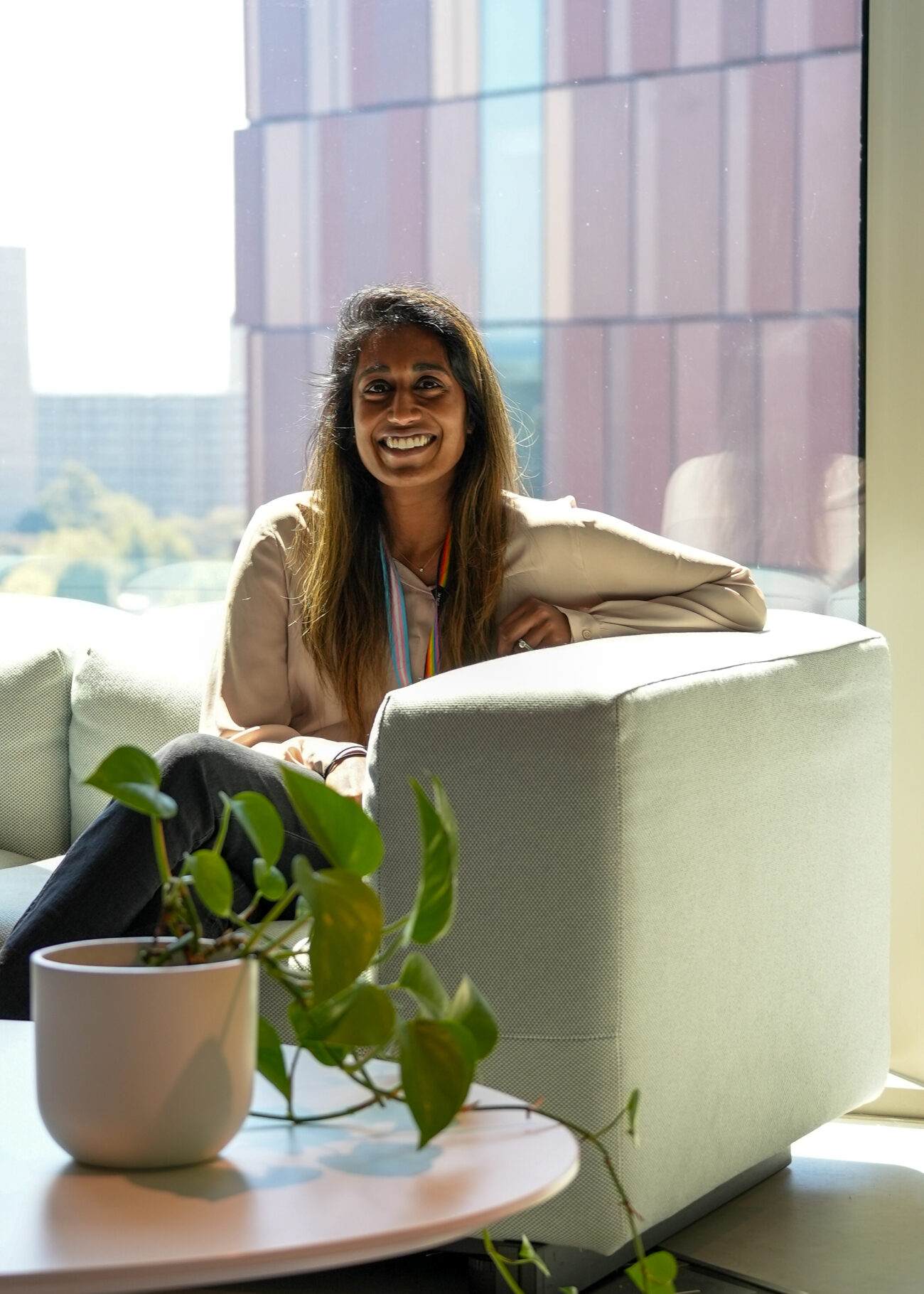
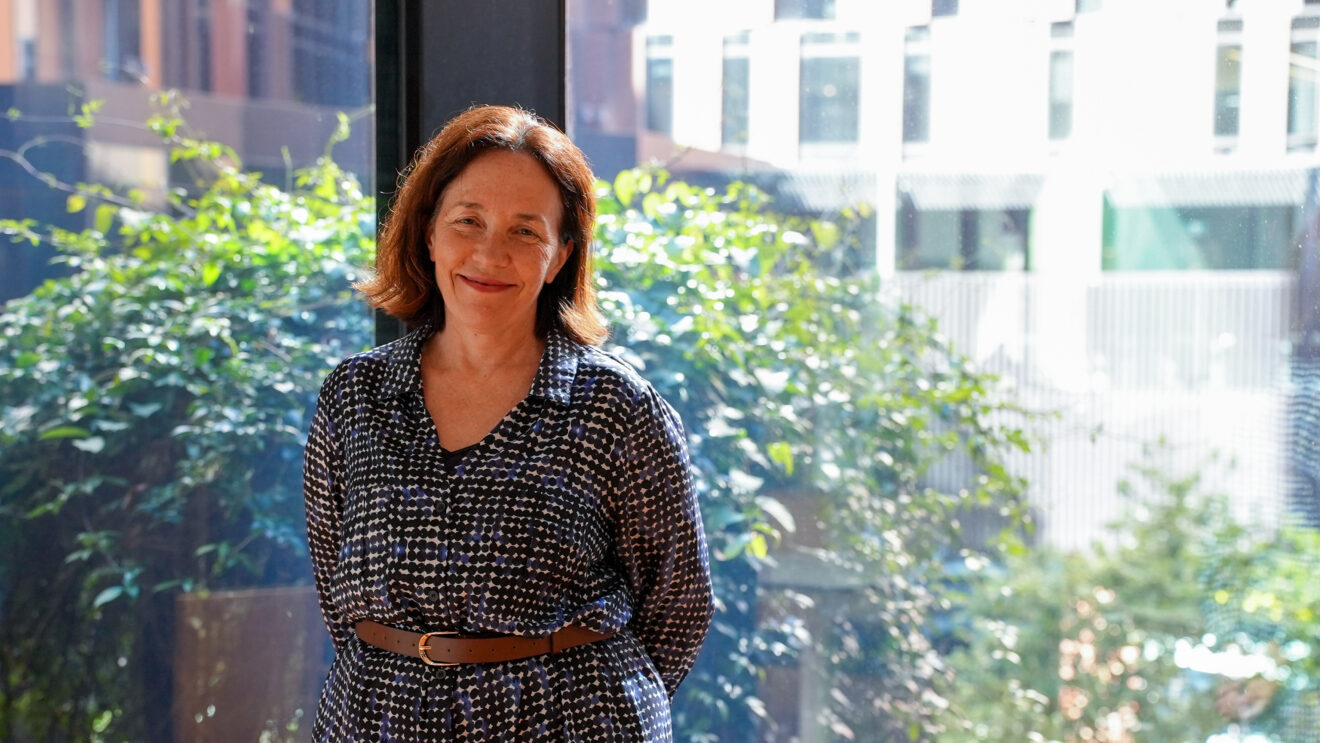
Prof. Jeannie Paterson — Director of the Centre for AI and Digital Ethics at The University of Melbourne
Jeannie’s teaching and research focuses on consumer and data protection law in the context of emerging digital technologies, including issues of fairness, bias, privacy, transparency and existential risk in the emergence of AI. Her current projects centre on digital mental health, generative AI in legal decision making, and legal responses to deep fake fraud, under the theme of of misleading AI. Jeannie has a track record of consultation and collaboration with government, industry, regulators and community legal centres, as well as being a regular media commentator.
Dr Pip Karoly — Senior Research Fellow at the Graeme Clark Institute, The University of Melbourne
Dr. Pip Karoly is a Senior Research Fellow in Biomedical Engineering at the Graeme Clark Institute and a data scientist at Seer Medical. She developed a seizure forecasting app for epilepsy patients, earning the 2022 Prime Minister's Prize for New Innovators. Pip's research group, the Rhythms in Physiology Lab (RiPL) are unravelling mechanisms of multi-day cycles in the brain, heart and body, to inform personalised disease management and optimise health, wellbeing, and performance.
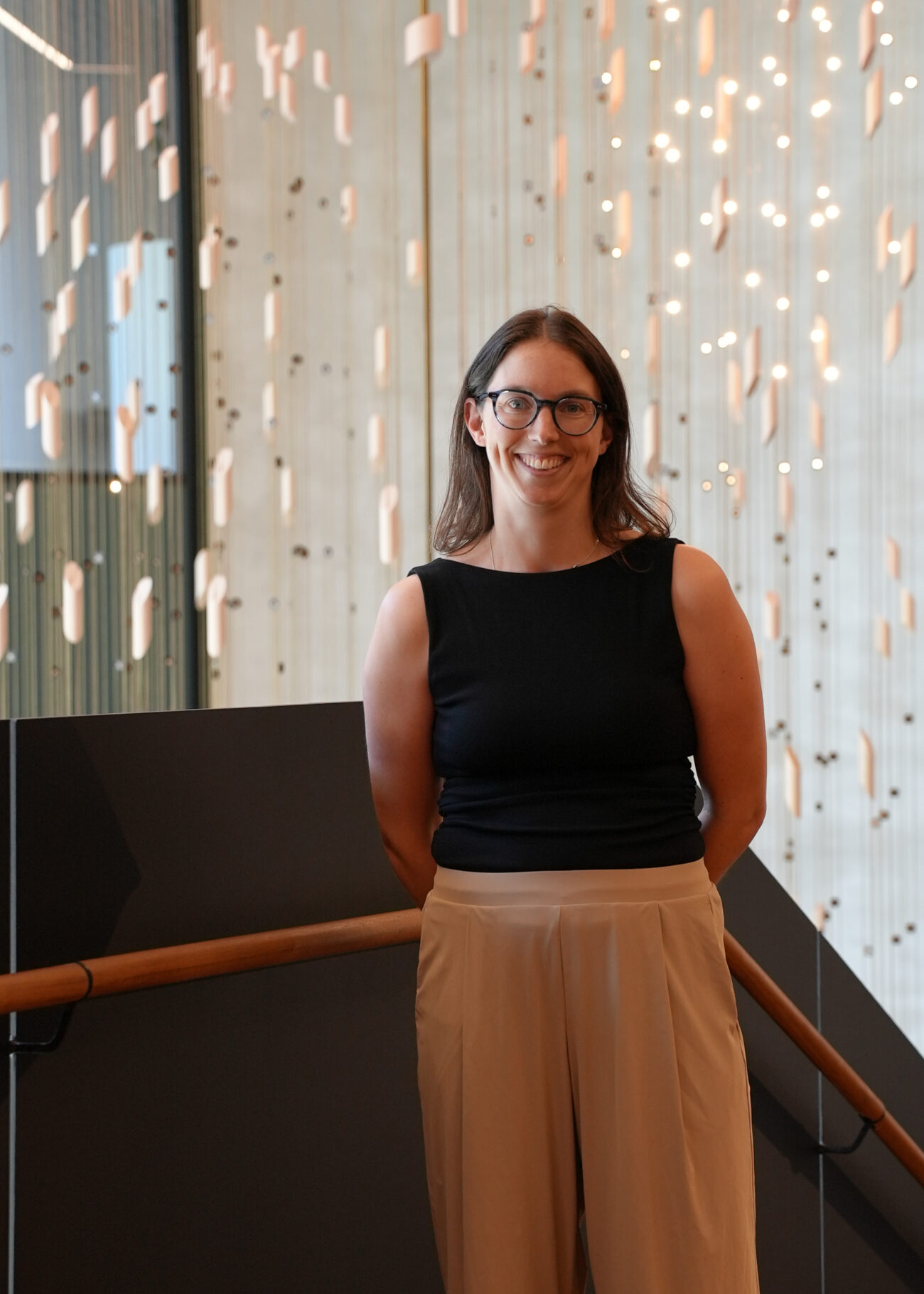
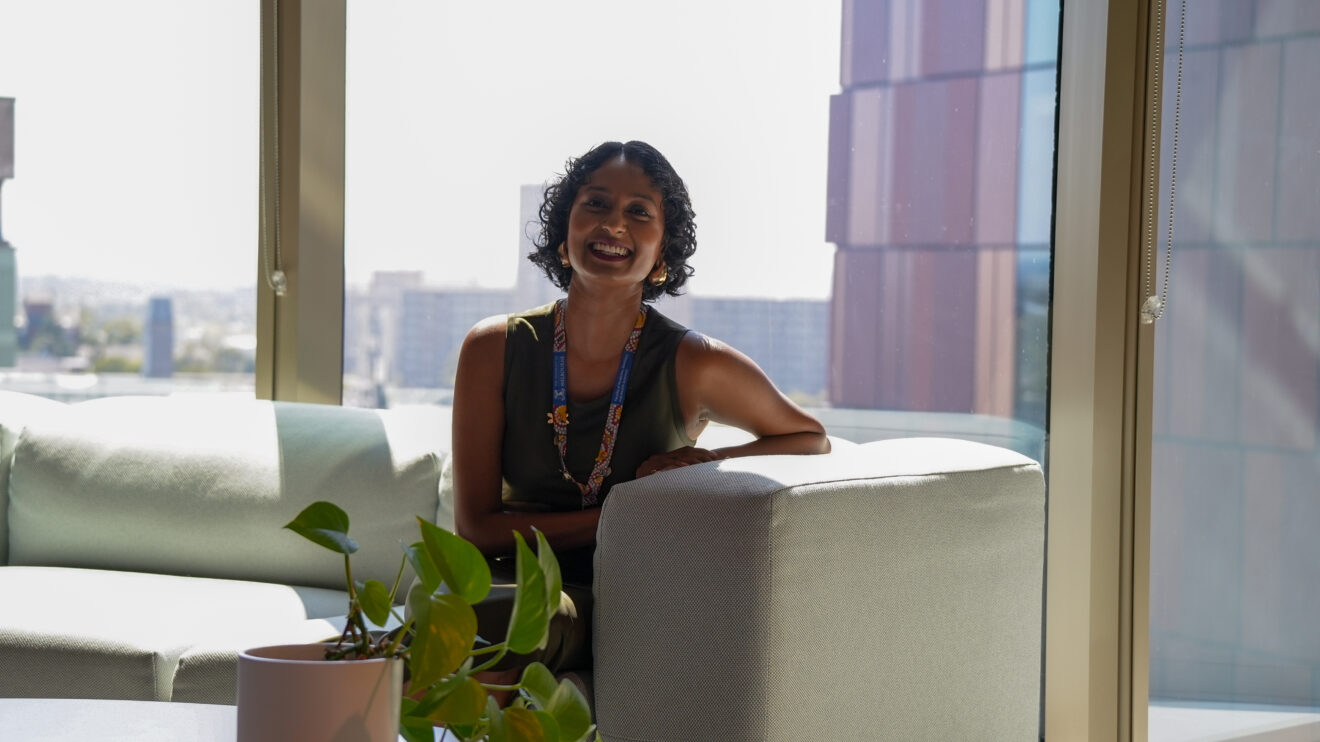
Shaz Sivanesan — The Centre for Digital Transformation of Health, The University of Melbourne
Shaz Sivanesan is a scientist turned science communicator and strategist and works as part of the team at The University of Melbourne's Centre for Digital Transformation of Health. Her work involves translating evidence based research and initiatives into real world impact in Digital Health Education. Shaz is deeply passionate about creating a more inclusive and impactful scientific landscape, and her work as co-founder of Scientists without Labels aims to break down stereotypes and amplify the voices of the underrepresented voices in STEM.
Ellen Liu — Partnerships & Projects Officer (STEM) at The University of Melbourne
Ellen Liu works as part of the University's Enterprise Partnerships and Innovation Division. She is an integral member of the partnerships team here at Melbourne Connect, providing support to our co-located partners while liaising with the Melbourne Connect team, the wider University stakeholders, and industry representatives to identify, establish, grow, and manage STEM related university-wide strategic partnerships, precinct development, and associated initiatives. Ellen is also part of the International Fencing Federation and has competed at State, National and International levels.
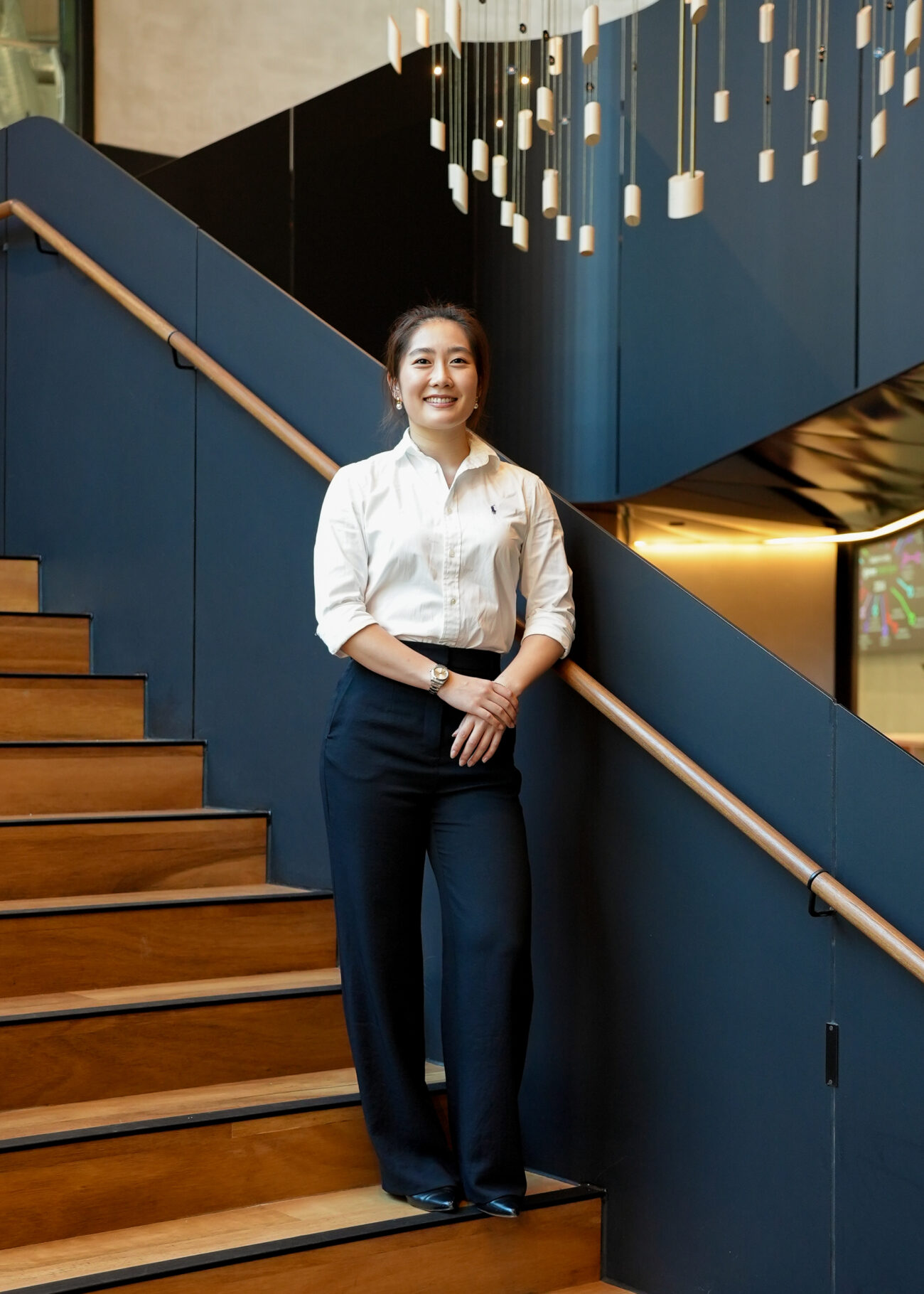
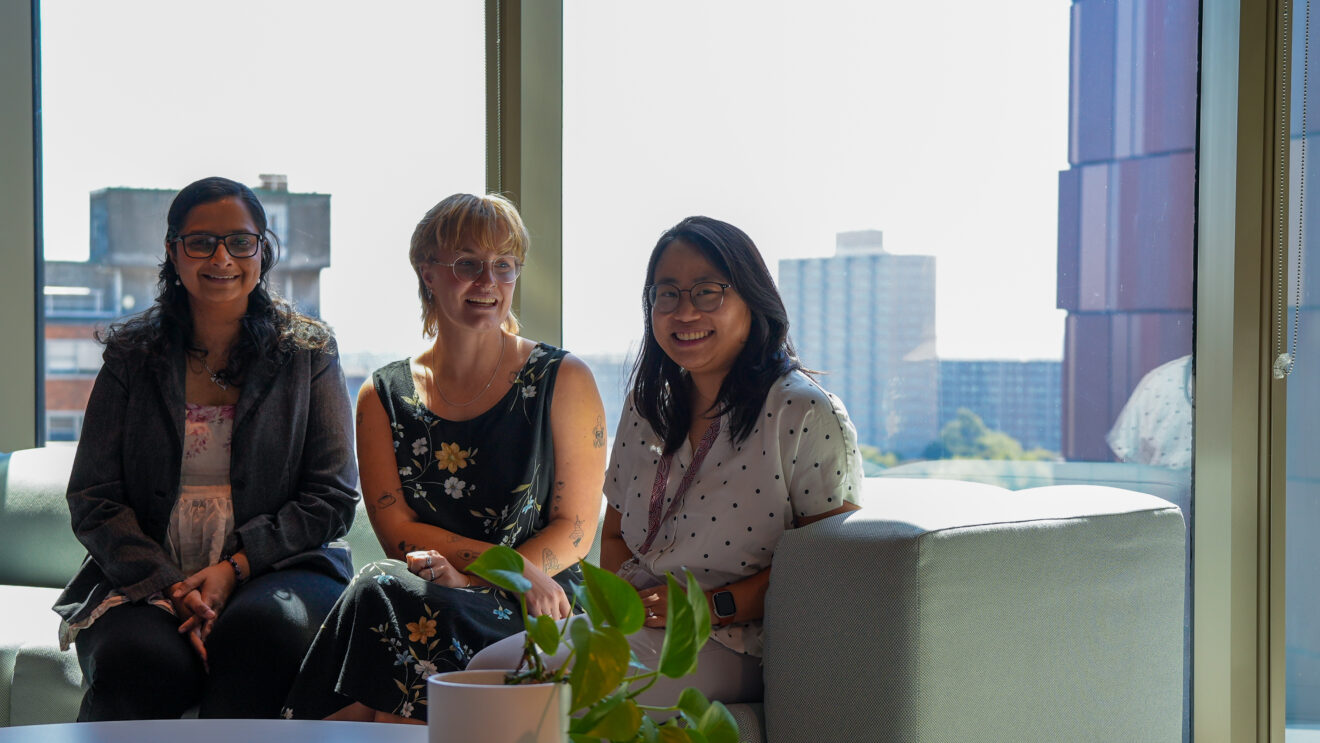
Dr Mahima Kalla, Dr. Teresa O’Brien and Ms Mikayla Wolfe — The Centre for Digital Transformation of Health, The University of Melbourne
Dr Mahima Kalla is a Research Fellow within the University of Melbourne's Digital Health Validitron. She is an inter-disciplinary professional with a background in engineering and management consulting. As a digital health researcher, she focuses on the translation of patients’, carers’ and professionals’ lived experience and tacit knowledge into the co-design, development, and implementation of digital health solutions. She has a particular interest in digital health equity, and social / digital determinants of health. With a background in management consulting, she is also passionate about facilitating successful industry-academia-community partnerships to drive evidence-based, translation-ready digital health solutions. Dr Kalla is an internationally recognised expert in digital health equity. She is interested in the use of low-cost technologies to support health and social care in low resource settings. She is the hub lead of an international digital health equity hub, which is a partnership between the Universities of Melbourne, Manchester and Toronto and other international digital health experts.
Dr Teresa O'Brien's research interests centre on simulation-based studies for digital health interventions, aiming to de-risk these solutions and ensure their safe and feasible integration into real-world health services. Her work identifies design requirements and user preferences, addresses workflow-related acceptance and implementation challenges, and investigates usability and human factors related to integrating digital health interventions with existing systems.
Mikayla Wolfe completed her Master of Public Health with the University of Melbourne in 2023. Prior to this, she completed a Bachelor of Biomedical Science at Monash University. She has been working with the Centre for Health Policy in the cancer screening space for 18 months, including projects linked to the National Strategy for the Elimination of Cervical Cancer, and a new National Lung Cancer Screening Program. Mikayla is currently working as a research assistant at The Validitron with the Centre for Digital Transformation of Health. She has a passion for equity, collaboration, and lived experience research.